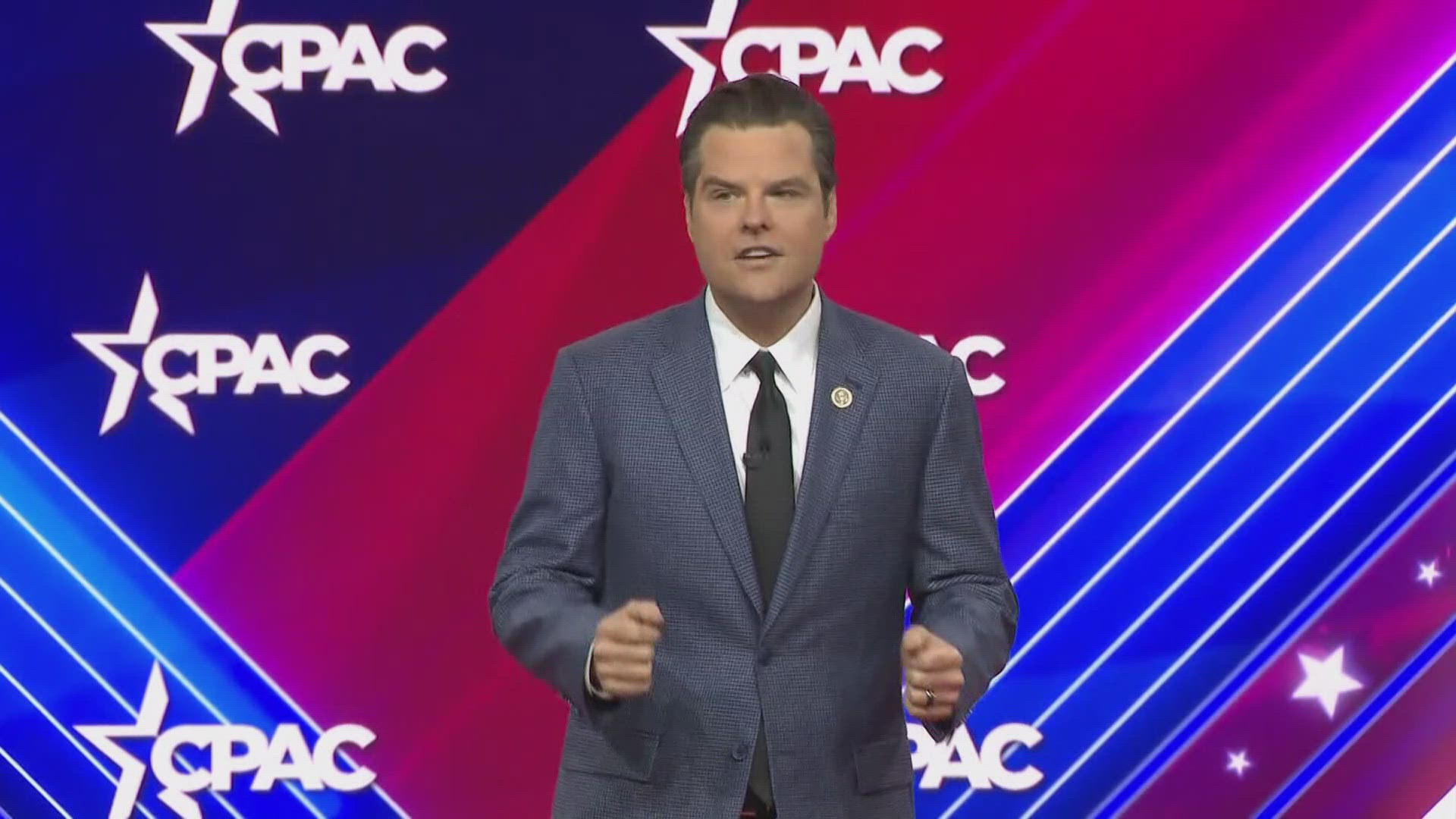WASHINGTON -- Listen up, DC. You've got a decision to make. You can leave the way bars and restaurants pay their workers as is, or change the game. It's time to vote for or against Initiative 77.
How does it work? Let's start here: The minimum wage in D.C. is $12.50 an hour. But for bartenders and servers, it's a lot less. They make $3.33 an hour. Why so low? Because, they get tips. Have a good night? You could make way more than $12.50 an hour. Have a bad one? The restaurant or bar is supposed to make up that difference. (We'll get back to that.)
Voting yes on Initiative 77 would change this. If passed, it would be on the restaurant or bar to pay your server and your bartender $12.50 an hour. It's called One Fair Wage. Seven other states already have it..
Simple to understand, right? Not so fast. We talked to people on both sides of this debate, and they all offer compelling arguments.
Kaylyn Maestas is a mom and a bartender at Mellow Mushroom in Adams Morgan. She and her coworker, Pete Bergen, say if Initiative 77 passes, they think the restaurant would have to raise prices to cover their salaries.
Bergen explains, "This pizza place probably would go out of business. All the prices would go up to the point that where people would be like 'why would I pay that for a pizza?'"
Plus, Maestas says they already make more than the minimum wage, "A good night, hourly? I would say about $20 to $30 an hour."
They say some restaurants would have to close down. Bergen says, "Listen to the people in the business. Nobody in the business wants this."
D.C. Mayor Muriel Bowser, Attorney General Karl Racine, several District restaurant owners, and a coalition called Save Our Tips all oppose it. But, there's another side.
A woman who works as a server in D.C. agreed to an interview but didn't want her face shown or her name used. She says, "There is retaliation from the opposition of this bill."
She says Initiative 77 stands up for people of color, women, and immigrants, many of whom aren't being paid a living wage.
She says, "They are people who work in nail salons, hair salons, parking lot attendants, porters, bellhops, that is a large part of the tipped industry workforce you are not hearing from."
And remember how the employer is supposed to bring you up to $12.50 an hour if tips don’t get you there? It’s up to the employee to ask for that. And, it doesn't always happen.
Diana Ramirez is the Deputy Co-Director of Restaurant Opportunity Center United, the biggest advocacy group pushing for Initiative 77. The concept is called One Fair Wage. She says, "51% of restaurant workers in this District are foreign-born so the voices that maybe aren't as loud in this debate are the voices of the people who can't be loud, who are dealing with TPS issues, who don't understand the language, who don't understand their rights."
Ramirez says relying on customers to tip workers a living wage isn’t responsible, and it leaves the door open for women to have to endure sexual harassment just to pay their bills. She says seven states already have One Fair Wage.
And that Maestas and Bergen's worries aren’t founded, "The data shows that in the one fair wage states workers make better wages and better tips."
Server Vi Viney at Ruta del Vino in NW D.C. says if you want to help women, this isn’t the way to do it. "Sexual harassment is always going to be an issue no matter what industry you're in, no matter what pay grade you have, so that's a completely separate issue. It has nothing whatsoever to do with this."
She shares, "I’m a mom, a working mom. My partner is also in the service industry. Both of our incomes are diminished by half or more. We'd not only have to move from our home because we'd not only be able to afford it, but we'd have to leave the city."



